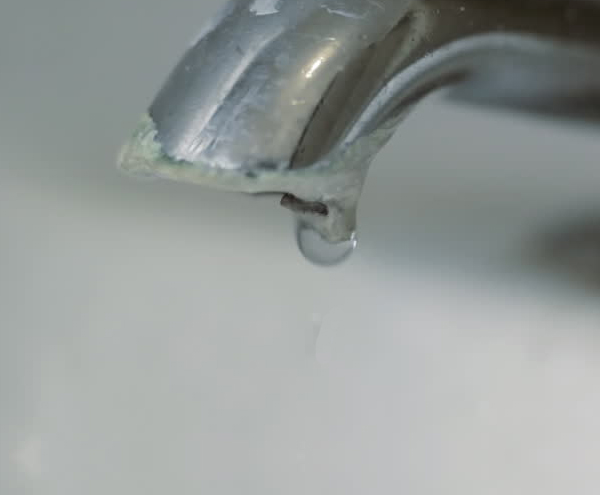Hard water is not the unknown term or a new concept for the homeowners to understand. It is the most common concern for the homeowners and the plumbing and fixtures of the house. You must have come across the deterioration of the pipes caused by hard water. Let us first understand what it is all about and how it affects the plumbing.
What is hard water?
Hard water is the water that has the high mineral contents. Although minerals are taken by us as supplements, but excess of two minerals in particular that may cause problems are calcium and magnesium. The amount of mineral content that water contains determines
the hardness level of the water. The hardness of the water with mineral deposits is evaluated on a scale of 1 to 10. Water hardness is measured in grains of mineral per gallon (GPG).Water that tests at 3.5 GPG or above is considered hard water.How it affects the plumbingThese minerals find their way out of the water and bind themselves together and become what is called limescale or mineral deposits. Scale sticks to the interior of pipes, household appliances and other surfaces throughout the home. Once this scale becomes attached to something it’s very difficult to remove it. This is what leads to clogs and other problems within the pipes and appliances
Pipelines
![]()
Limescale build-up can severely hamper the water flow in a pipe. Steel pipes are the most vulnerable to this problem, whilst copper and PVC do not get it as much. On continuous use of hard water, limescale will definitely start to occur. This will minimize the water pressure and thus require replacing of the pipes which means heavy investment.
Spigots
![]()
Where the water flow is controlled, the limescale build up is faster. The areas which are more prone to limescale is taps, valves, showerheads and plugs. Usually the water remain trapped in these areas that leads to limescale buildup and lead to clogging. Dripping taps can cause limescale stains on the sink surface and also damage the rubber washers that are used to keep the fittings water tight. Sometimes it becomes difficult to replace due to excess of limescale buildup.
Valves
![]()
Valves at the washing machines and dishwashers can also end up ruining due to contact with excess hard water. Even the small limescale buildup can lead to issues in completely closing the valves and may incur extra cost in repairing the appliances.
Water Heaters
![]()
You must have noticed that every time before the onset of the winters we need to get the water heaters repaired and get a service to get the element clear off the limescale.
![]()
The heating elements in the water heaters are more prone to limescale buildup. The limescale on the elements do not let the water heat up quickly. If not treated on time this reduces the efficiency of the appliance and requires cost to replace the element
There are numerous ways which can be taken to avoid the limescale buildup. A regular maintenance and check on the fixtures and fittings and a regular cleanup will keep the limescale buildup at bay. If you are not sure that you can handle the situation at your
end then the best is to call the plumber. But if you have a contract with us at Sanicon energy solutions for turnkey projects that definitely you don’t have to worry for such issues as we are expert in keeping the fittings and fixtures up and running.
References: How hard water affects the plumbing By Sanicon Energy available under a Creative Commons Attribution 3.0.
















